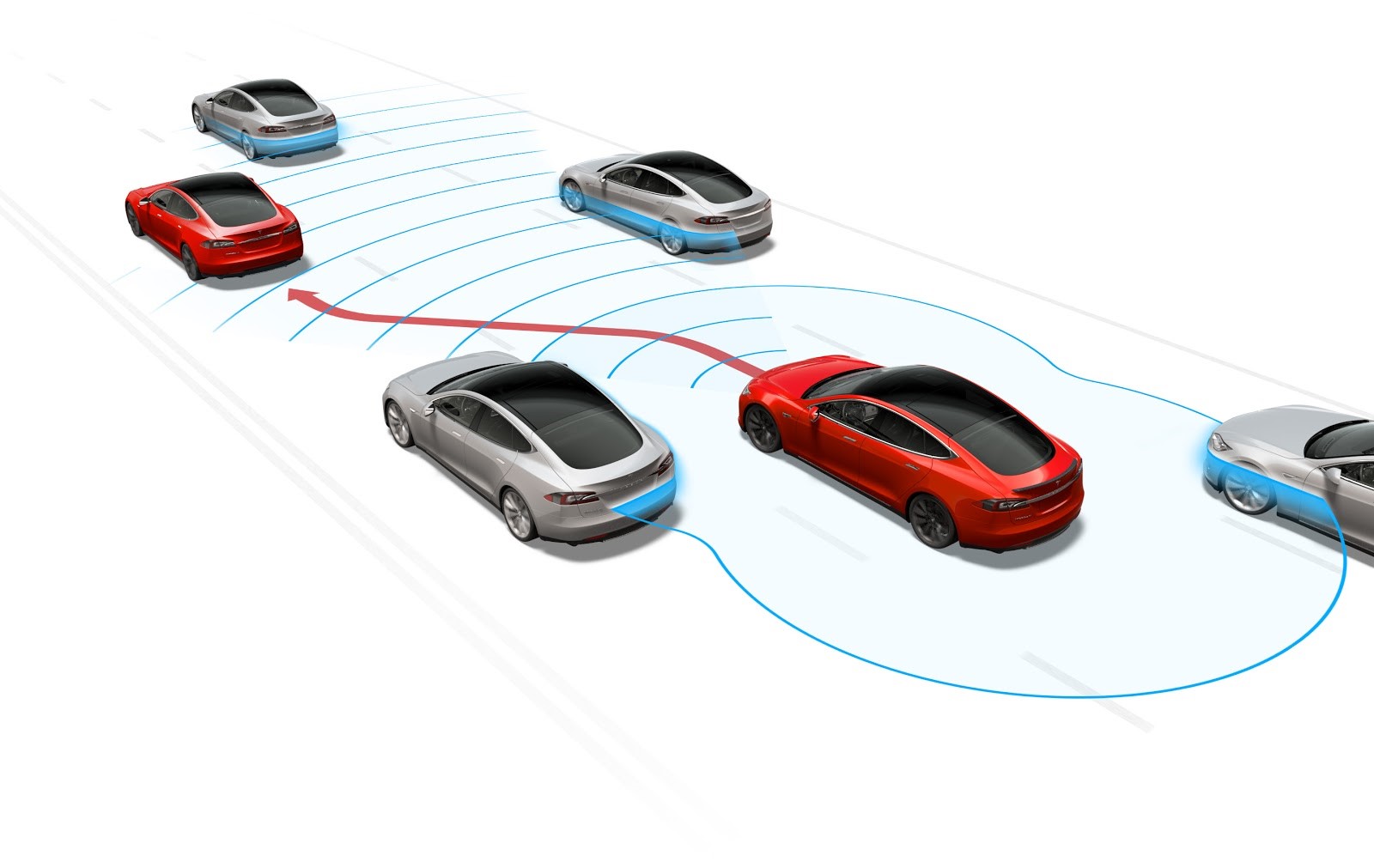In a recent interview with the architect and influential thinker Rem Koolhas, they asked him what is overvalued in our society? “Comfort”, he said, “security, comfort and sustainability have substituted values of liberty, equality and fraternity”. It’s certain that, questioned on such a surprising statement, he added: “A lot of what I say looks to impact. Provocations are important to oblige us to think. We need a more active and direct relationship with reality. Touch the world again".
It does not seem that in the short term Mr. Koolhas's concerns are going to be met, rather the opposite.
It’s been four months since I “went” shopping, perhaps a small bag, adjustments for a recipe or unforeseen necessity, always in some urban supermarket, no big journeys to superstores in my valued free time.
The reason? Amazon Now is now available in Madrid and Barcelona. In the eyes of Mr. Koolhas I understand that I am missing an important “dose of reality”, even life, but who wants a traffic jam when you can do the shopping laying on the sofa?
[caption id="" align="aligncenter" width="800"]
Amazon Dash: Do the shopping by moving your finger, literally[/caption]
So, in the study of human factors you will find in this line of comfort a really interesting challenge: autonomous driving systems.
If we prefer to or not to drive for the pleasure it can give us, it’s now a debate that we love to have, but in reality, it’s a somewhat premature debate. Autonomous driving to which we aspire in the next few years is not that in which we will be sleeping in the car or completing tasks while a 100% autonomous car drops us off at work and then parks itself.
For much of what Tesla calls Autopilot (they have been warned about that), in the short and medium term what we are going to have are different levels of driving assistance. In the long term towards completely autonomous driving, the Society of Automotive Engineers (SAE) has established these 6 levels.
- Level 0: no automation.
- Level 1: Driving aids.
- Level 2: partial automation.
- Level 3: conditioned automation.
- Level 4: high automation.
- Level 5: total automation.
To give us an idea Tesla has the most advanced assistant on the market which is on about level 2 in vehicles currently on sale, and perhaps on a 3.5 for those coming in a few years.
To probably get to level 5, we will need IoT to enter the game, by establishing communication between vehicles, signals and road; which with it brings the renovation of, at least a good percentage of the car population and implementation of not exactly cheap infrastructures.
So, there are still a few years left ahead of us until we can enjoy very advanced driving assistants, enough to not have to do much while driving, but not enough for us to take a nap.
How much security does this comfort give us?
In its current stage, according to NASA, some levels of driving help are even potentially dangerous. The magazine Scientific American assured a few months ago that the institution has been studying the effects of automation on the crew of their missions for decades and, among other problems, the fact that it is very difficult for humans to monitor repetitive processes for a long period (like an assisted drive) stands out, a phenomenon known in psychology as a “decrease in vigilance”.
[caption id="" align="aligncenter" width="802"]
Tesla Model S[/caption]
Perhaps it’s because of this, despite the huge advancement that autonomous driving supposes on our incessant search for comfort, this type of such disruptive jumps makes us feel a certain unease, a kind of uncanny valley of robotics.
In fact, Nissan has presented a study based on a reasonable number (6000 people from Spain, Italy, Norway, Germany, France, and the United Kingdom) that gives some clues about the perception of the users:
- Only 45% of those questioned would feel comfortable travelling in an autonomous car.
- Only 40% want these types of vehicles to increase, and that rises to 47% among 34-44 year olds.
Some admit that they’d surely improve their perception if they could try one and that it would probably reduce stress and accidents.
In the control of the Nissan Research Centre of Silicon Valley you will find Maarten Sierhuis. According to Sierhuis, Doctor in Artificial Intelligence, the key to make people better accept the idea of autonomous driving is to make the drivers feel integrated with their cars and have control. “It’s about building an intelligent entity capable of cooperating, coordinating and collaborating with humans”.
As well as working on autonomous driving, his team has shared (and tested) a curious idea according to which we would feel more comfortable with autonomous cars remotely supervised by people. Named SAM (Seamless Autonomous Mobility), this technology has been developed along with NASA.
Following a similar approach to air traffic control, they have created a control centre by which a human supervisor remotely helps a vehicle in situations in which its artificial intelligence finds itself in difficulty. They assure that this will provide us with more peace of mind.
Dilemma and happiness
In short, automation will create opinions found for some more years. For example, after the fatal accident suffered by a Tesla driver – and known YouTuber- with Autopilot activated, the media quickly questioned its suitability. To prove the innocence of the system wasn’t enough to shut down the debate.
[caption id="" align="aligncenter" width="799"]
Tesla Autopilot Schematic Performance[/caption]
There are also accusations of destruction of jobs and even philosophical debates bringing up the dilemma of the tram and its derivatives:
A tram runs out of control on a track. In its path, there are five people tied to the track. Fortunately, it’s possible to use a lever that will route the train onto a different track, unfortunately, there’s another person tied to that one. Should you pull the lever?
How would you programme the artificial intelligence of a vehicle for a similar situation? Avoid five teenagers that are crossing badly and direct the car onto the pavement supposing that it will probably be empty? It’s clear that some have become so defensive, that they even ask an artificial intelligence to resolve moral dilemmas that we ourselves still haven’t resolved.
So, how does comfort make us happy?
In a episode of Northern Exposure, Maggie boasts about her new purchase, a washing machine. “No longer do I have to go to the laundrette” she tells everyone delightedly. Later, we see that the loss off the laundrette routine results in extra time with which she doesn’t cope well, especially because that task was an excellent opportunity to talk with friends and acquaintances.
And if Koolhas was right? Should I go shopping again?
Comments are moderated and will only be visible if they add to the discussion in a constructive way. If you disagree with a point, please, be polite.




Tell us what you think.